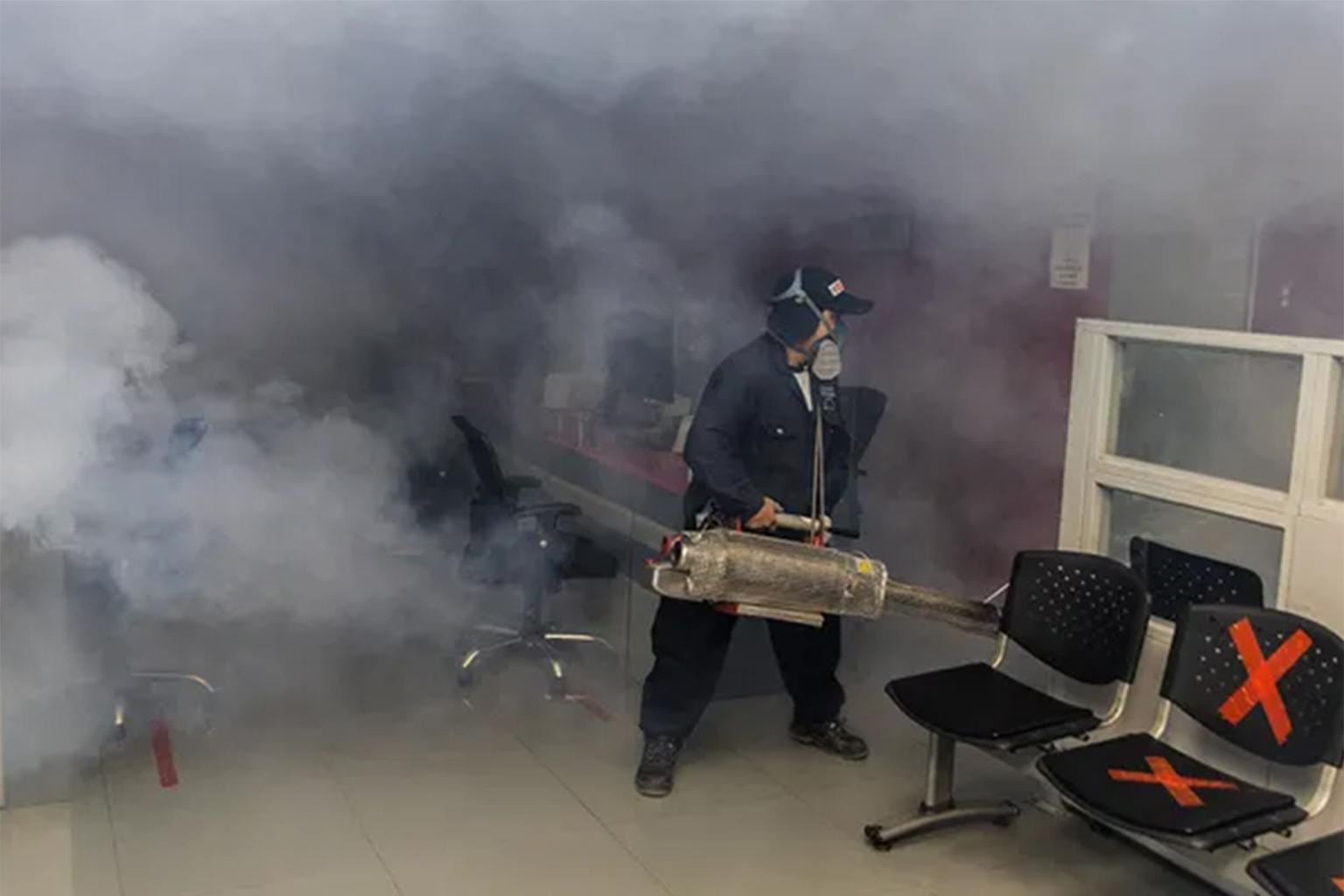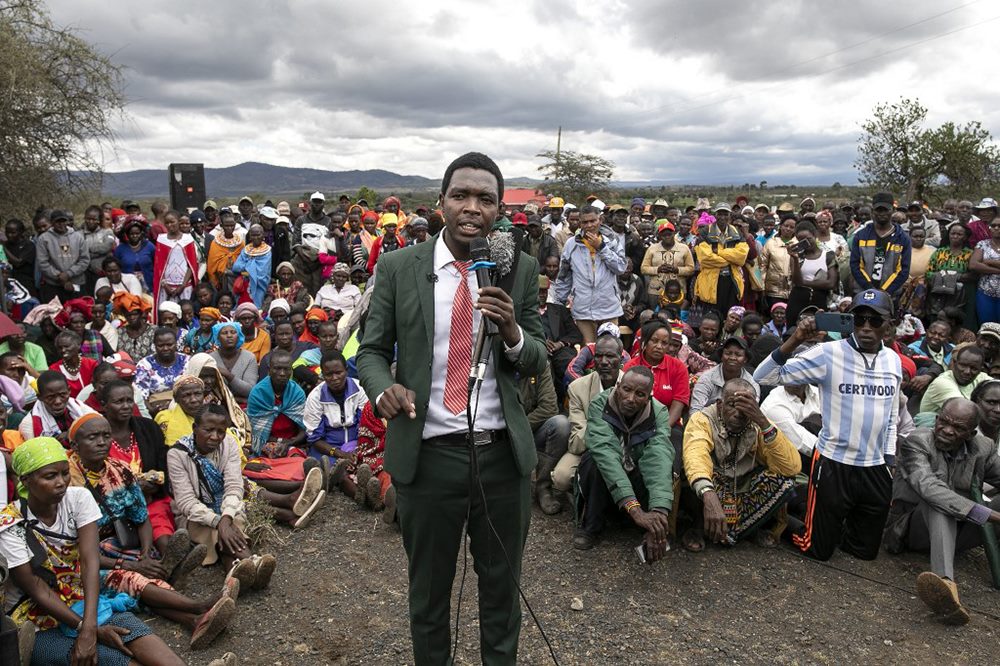In a concerning update, National Epidemiologist Dr. Karen Webster-Kerr has revealed that Jamaica is expected to experience a persistent surge in dengue virus cases for the next few months. Dr. Webster-Kerr predicts that the country will record over 1,000 confirmed, suspected, and presumed cases of dengue each month until the first quarter of the following year. Furthermore, she warns that this number could potentially rise to at least 1,400 cases per month.
During an interview on Radio Jamaica’s Hotline, Dr. Webster-Kerr emphasised that the high number of cases is likely to continue until around March, after which the incidence should gradually decrease to a range of 500 to 600 cases per month. The situation is particularly alarming as the data for September alone shows 1,409 confirmed, suspected, and presumed dengue cases, with an additional 240 cases reported so far this month.
The Ministry of Health & Wellness has reported 434 confirmed cases of the disease as of Wednesday, based on approximately 2,107 suspected and presumed samples. Unfortunately, this outbreak has also resulted in seven dengue-related deaths, with five classified as suspected and two confirmed cases.
The authorities are working diligently to address the situation and implement necessary measures to control the spread of the virus. Dr. Webster-Kerr urges the public to remain vigilant and take preventive measures such as eliminating mosquito breeding sites and practising personal protection against mosquito bites.
The Ministry of Health & Wellness continues to monitor the situation closely and provide guidance to healthcare facilities and communities across the country. Efforts are being made to raise awareness about dengue prevention and ensure timely diagnosis and treatment for affected individuals.
As the dengue outbreak persists, it is crucial for the public to stay informed, cooperate with health authorities, and prioritise proactive measures to minimise the impact of the virus on individuals and communities in Jamaica.



